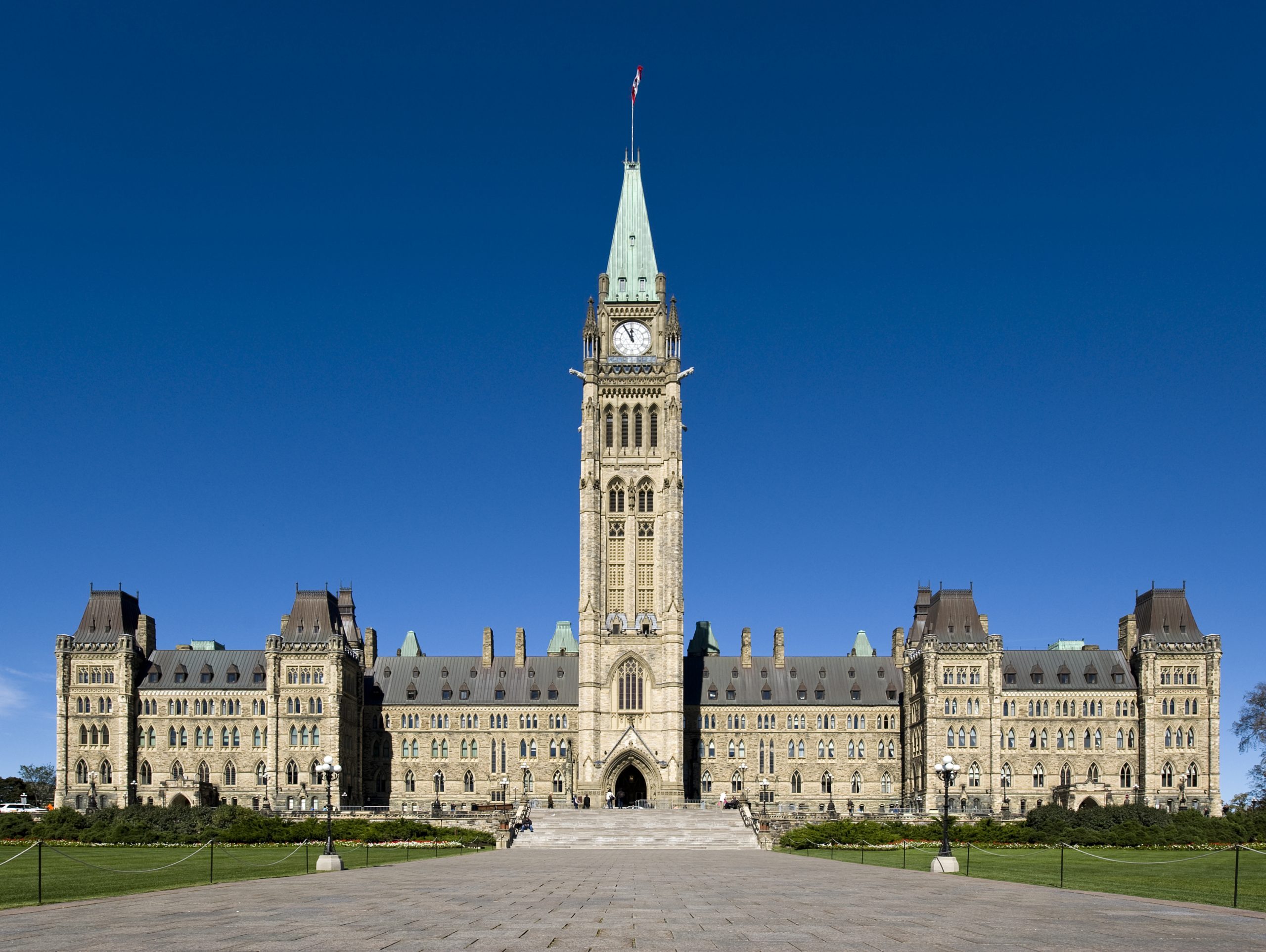The City of Kelowna has the most transparent taxation process in Canada, according to the Frontier Centre for Public Policy.
As the city begins the budget process for 2012, it's more important than ever that the community is well informed about the challenge of finding a balance between revenues and spending that taxpayers can accept.
This year poses a greater challenge than usual because revenues from sources other than taxation are down — a reflection of economic conditions today.
Meanwhile, the city is committed to producing a budget that has the smallest possible impact on taxpayers' wallets. This continues the city's commitment to remain among the lowest tax regions in the province.
The 10-year average tax increase in Kelowna was 2.4 per cent, while the 10-year average Consumer Price Index average was 1.7 per cent. Keep in mind that some costs to the city have increased significantly in that 10-year span. RCMP costs are up sharply, while previously funded federal and provincial programs, such as water and sewer grants, are no longer available.
During this time, the city was also able to provide new amenities such as the H2O Adventure + Fitness Centre and Stuart Park.
Still, in a cross-Canada Ipsos poll last summer, only four per cent of Kelowna residents thought their municipal taxes were too high — the lowest number among those polled.
On the contrary, most citizens would rather see new services and facilities available to them in Kelowna.
New services, infrastructure and facilities have been added in recent years, while taxation levels were kept among the lowest in B.C. This is because two-thirds of the city's budget comes from sources other than taxation — grants, user fees, charges and reserve funds built up over the years.
The general municipal tax on an average Kelowna property last year amounted to $1,650 a year, the fourth lowest among cities with 75,000 or more residents. Compare residential taxes and charges for things such as education, regional services, water, electricity and waste removal, and the average total of $3,520 a year is third lowest in B.C.
On the business tax side for cities with more than 75,000 residents, Kelowna had the lowest business property tax ratio in B.C. in 2011.
To maintain this tradition of modest taxation in the face of reduced revenue from other sources, operating expenses are being reviewed with the aim of improving processes and efficiencies to control costs.
Looked at on the whole, these operating efficiencies might resemble a series of bunt singles rather than a grand slam home run. But as the figures above indicate, the city already operates in a pretty efficient manner, so achieving the desired outcome requires a balanced approach.
It might be a little boring if this were a baseball game, with none of the drama of that big hit. But when it comes to managing municipal priorities in this economic climate, a balanced series of hits strikes the right balance of reducing costs while continuing to deliver key services.
It's an approach that affirms the city's commitment to priorities carefully considered and planned over the years — a safe community, a protected environment, opportunities for active living and economic growth.
The city will not abandon its commitment to improving transit services, greater public access to the waterfront, reducing greenhouse gas emission and creating a welcoming atmosphere for business development.
Every penny counts in municipal budgets, and every penny is accounted for in the annual budget process. City staff have been engaged for months in finding ways to meet expectations for services, while limiting the cost of delivering on these established commitments.
The public presentation of that effort begins at city council's meeting on Jan. 16, with council deliberating on budget recommendations Jan. 17.


